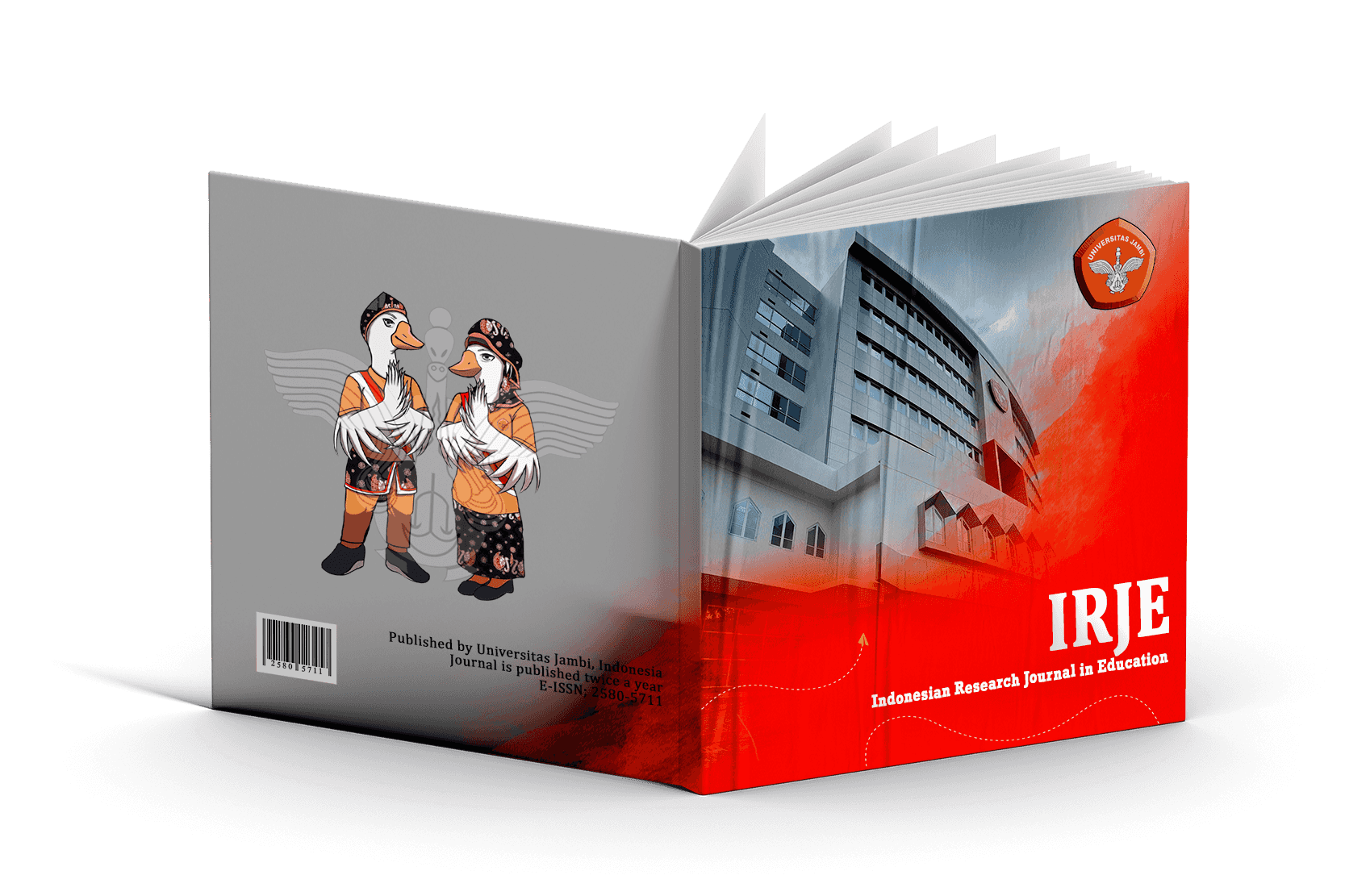Cooperative principles in Markobar oral tradition: A socio-pragmatic study for cultural education
DOI:
https://doi.org/10.22437/irje.v9i01.39805Abstract
The research aims to examine the form of maxims violation in “Markobar” activity, review the factors of violations, and identify the main reasons from a socio-pragmatic perspective for cultural education. The research design is descriptive-qualitative approach. The data were obtained from sentences on Markobar activities in the book “Panduan Markobar dalam Budaya Mandailing” comprising 25 texts as well as interviews with participants. Violations of the cooperative principle in the oral tradition of Markobar occur for several reasons, i.e., 1) Flouting maxim. This occurs by expressing gratitude to God and greeting the Prophet Muhammad. Speakers tend to hide things due to cultural factors; 2) Infringing maxim is not found; 3) Opting out of maxim, the speaker is not willing to provide information to the interlocutor in a straightforward manner; 4) Suspending maxim, listener should not expect to hear but the speaker clarifies what he means to make the interlocutor understand. Research in socio-pragmatic studies needs to be carried out to explain its intentions, objectives as a cultural education and revitalization.
Downloads
Downloads
Published
How to Cite
Issue
Section
License
Copyright (c) 2025 Indonesian Research Journal in Education |IRJE|

This work is licensed under a Creative Commons Attribution-NonCommercial-ShareAlike 4.0 International License.
After the manuscript is accepted for publication, authors will be required to sign a copyright transfer form. Copyright will be transferred to Jambi University, the Graduate School, Doctoral Program in Education, via e-mail. A copyright form will be sent to you via e-mail after the accepted manuscript has been submitted.





